Learn If Can Dementia Happen Suddenly Out of Nowhere
The activities of an individual with dementia may vary significantly. This may make the patient’s family more concerned, making them question the probability of developing this disease suddenly or rapidly.
Sudden changes in cognitive functioning can be seen due to other medical conditions or factors. However, it is essential to look for specific symptoms that suggest a cognitive decline to get proper treatment for patients who require it. This article aims to explore the probability of sudden dementia as well as the worsening of the disorder, and ways to manage it.
Dementia is not a condition that suddenly occurs, however, the condition can progress rapidly under certain conditions. This is termed rapid progressive dementia.
Related Read: Do Dementia Patients Know They Are Dying?
Is Rapid Progressive Dementia Common?
No, rapid progressive dementia is quite a rare condition with a difficult diagnosis. A very small part of dementia patients account for rapid progressive dementia, while the most common type remains Alzheimer’s disease, contributing to 60-70% of cases.
RPD might be associated with some underlying conditions of the brain. This condition develops over weeks to months and is characterized by a fast and severe decline in the cognitive functioning of a dementia patient.
In any case, whether rapid or slow disease progression, it is essential to reach out to healthcare professionals for early diagnosis and timely intervention.
Signs of Rapid Progressive Dementia
Certain signs and symptoms provide insight into the underlying conditions. It is vital to recognize the signs and take measures accordingly to address the situation. For rapid progressive dementia, the following are the signs one should look out for.
Severe and Sudden Memory Loss
Patients may have to experience a sudden severity of memory loss. They may find it hard to form new memories or even recall recent events. Such a situation can be overwhelming for the patients as well as their families.
Difficulty in Communication
Patients with dementia may find it hard to communicate effectively. They may struggle with finding the right words or understanding language. They may also find non-verbal cues tough to decode.
Behavioral Changes
RPD leads to sudden changes in behavior that the patients and their families may find abnormal. Some behavioral changes could be agitation, irritability, isolation, apathy, or mental instability.
Inability to Think Logically
With RPD, comes the sudden decline in logical reasoning. Patients with dementia don’t have the mental capacity to make judgments and reason. There may be a significant deterioration in their problem-solving abilities and logical deductions.
Impaired Self-Care
Patients may lose track of self-care. They may not effectively engage in self-care or hygienic activities.
Difficulty With Motor Skills
The effectiveness of motor skills may deteriorate suddenly, making it difficult for patients with dementia to perform daily tasks efficiently.
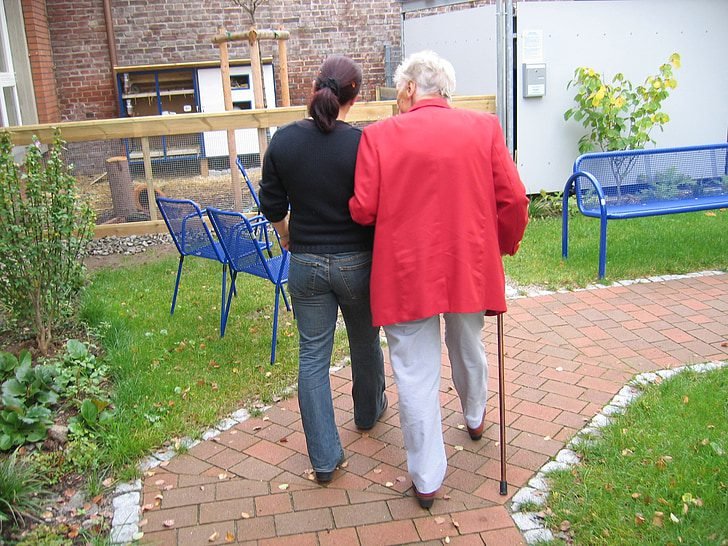

Can Medical Conditions Trigger Rapid Progressive Dementia?
Yes, certain medical conditions put individuals at great risk of cognitive decline. Identifying these issues and addressing them for effective treatment of the disease is significant. Following medical conditions play a significant role in triggering or leading to rapid progressive dementia.
Also, Read: TOP 7 Pros And Cons Of Long-Term Care Facilities
Creutzfeldt-Jakob Disease
Creutzfeldt-Jakob disease is a fatal disorder that affects the brain significantly. The effective disorder progresses rapidly however, the chance of developing this disease is quite low. This condition tends to develop in the late stages of life, putting older people at risk.
Vasculitis
Inflammation of blood vessels in the brain can lead to RPD. Vasculitis can also lead to the development of vascular dementia, the second most common type of dementia.
Paraneoplastic syndromes
In cancer patients, when cancer-fighting agents of the immune system attack the spinal cord and brain, it results in damage to the brain. It consequently leads to the onset or worsening of dementia. In some cases, patients with rapid progressive dementia may also have a history of paraneoplastic syndromes.
Autoimmune Encephalitis
The inflammatory processes in the brain may lead to a sudden decline in cognitive working. This may lead to acute cognitive impairment or rapid progressive dementia.
Metabolic Disorders
Metabolic disorders, in some cases, can greatly impact brain functioning. For instance, Wernicke-Korsakoff can result in cognitive decline.
Neoplasm
Brain tumors and cancer may also play a significant role in developing rapid progressive dementia. However, the disorder is more likely to be triggered after the treatment for cancer is done.
Can Head Injury or Trauma Lead to Sudden Dementia?
Yes, researches have shown a link between head injuries and dementia. A head injury or a traumatic brain injury can lead to triggering the onset of dementia or the development of rapid progressive dementia.
However, it is important to consider the nature of the injury. With less severity, the individual might not be at risk. However, if the nature of the injury is severe, it can cause some damage, which may also appear later in life.
Not all people who go through a head injury are likely to develop dementia. A minor head injury can lead to cognitive deficits but it should not be mistaken with dementia. It is essential for people with head injuries to get proper treatment and follow-up care timely.


Can Stress Affect the Onset of Dementia?
Stress can not be directly linked to dementia however, with certain factors adding to it, it can increase the chances of the onset of dementia. Being under stress releases a hormone known as cortisol, which is known to be linked with memory.
Acute stress can sometimes lead to cognitive impairment but it cannot be mistaken with dementia. This stress can be reversed by providing proper treatment and help.
While the relationship between stress and dementia isn’t fully understood, it is significant to manage stress through various strategies to decrease the risks of developing dementia later in life.
Related Read: Why Do Dementia Patients Stare At You? [Behaviour Explained]
Is Early Detection for Rapid Progressive Dementia Possible?
Since RPD is a rare condition, the diagnosis can be challenging at times. However, it is also necessary to identify the condition as soon as possible to prevent any severe cognitive decline.
Genetic Testing
It is necessary to consult a healthcare professional if a genetic factor is suspected of developing RPD. Genetic testing may be used to recognize mutations associated with RPD.
Neuropsychological Testing
Neuropsychological tests can also provide insight into cognitive functioning, helping to differentiate RPD from other conditions,
Laboratory Tests
Certain laboratory tests such as blood tests or cerebrospinal fluid analysis help in identifying content associated with RPD, such as prion diseases.
Brain Biopsy
Brain biopsy can be an efficient way to early detect conditions such as rapid progressive dementia. This technique helps doctors to identify the problem and address the condition accordingly.
Consultation with Specialists
Depending on the suspected cause of RPD, one should consult with specialists in various fields such as neurology or autoimmune disorders.
Can Dementia Suddenly Get Worse?
Yes, dementia can suddenly get worse. The symptoms may be consistent for a while, and then they might get deranged suddenly. The reason is that dementia is not a consistent disorder. It is a progressive disorder that encounters changes now and then.
However, certain factors play a key role in the worsening of dementia. It is significant for families and caregivers to look out for these symptoms in their loved ones and reach out for help.
- Infections
- Side effects of medication
- Underlying medical conditions
- Emotional distress
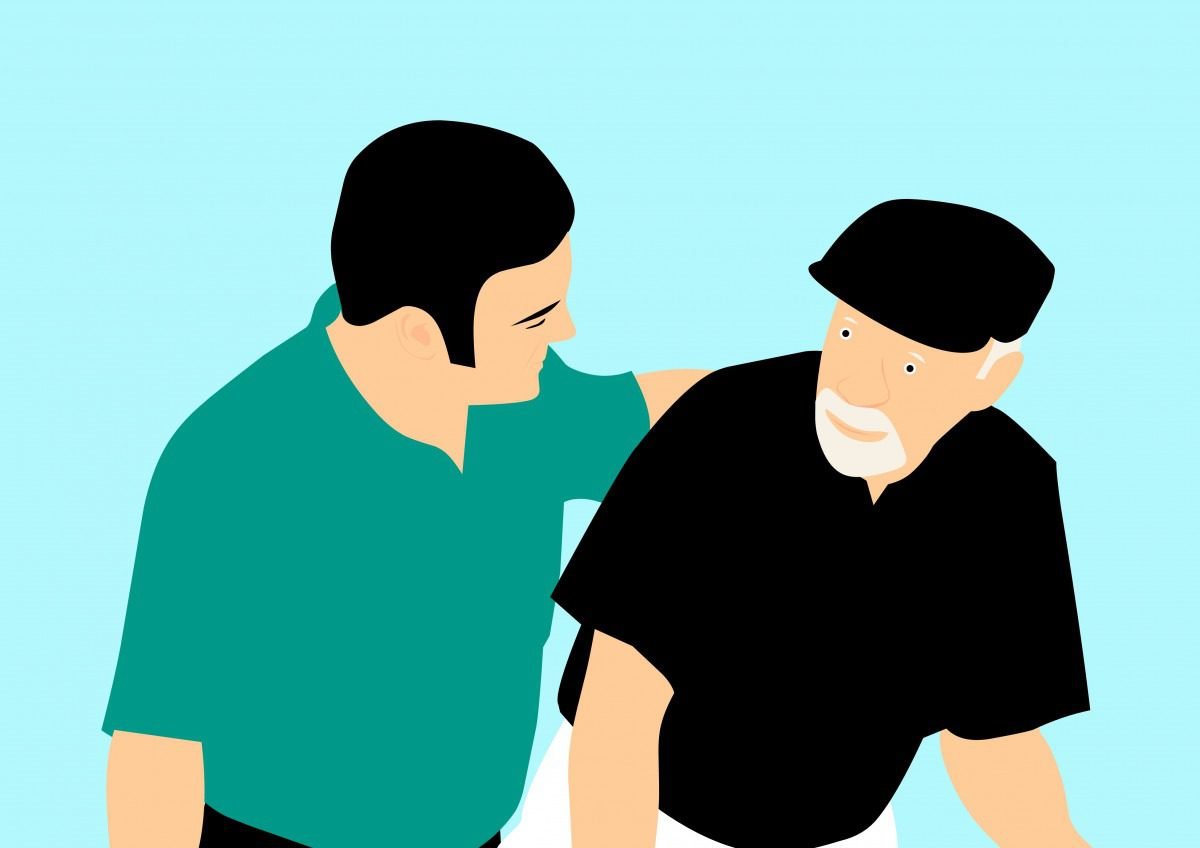

Preventative Measures to Reduce the Risk of Rapid Progressive Dementia
There’s no treatment or cure for rapid progressive dementia, however, the condition can be managed by using certain strategies or by taking appropriate steps. Since rapid progressive dementia is associated with underlying conditions, it is essential to address these issues by taking preventative measures.
Maintain Cardiovascular Health
Many RPD cases are related to heart issues. It is vital to maintain cardiovascular health and avoid activities that might cause it to deteriorate.
Prevent Head Injuries
Prevent head injuries by avoiding engaging in activities that put a person at risk of damage to the head. Wear a helmet when riding a bike, practice safe driving, and minimize fall risks.
Regular Follow-ups
Regular checkups with a specialist can help in the early diagnosis of RPD or in the prevention of developing the disorder. Early detection of infections, metabolic disorders, or autoimmune disorders can help address the issue more effectively.
Stress Management
Managing stress well through mindful activities, social support, and relaxation techniques can help in the overall well-being of an individual reducing the chances of developing rapid progressive dementia.
Engage in Problem-Solving Activities
Individuals need to engage in tricky activities throughout their lives to nourish their cognitive ability. Such activities are more appreciated in patients at risk of developing RPD.
Healthy Diet
A healthy and nutritious diet can reduce the likelihood of developing dementia. Consume a balanced diet of fruits, vegetables, whole grains, and healthy fats.
Adequate Sleep
A proper sleep routine can help increase the cognitive health of an individual. It is crucial for individuals at risk of dementia to prioritize good sleep hygiene.
Regular Physical Activity
Regular exercise is significantly associated with cognitive health. Patients should be encouraged to do regular physical activity to ensure their well-being.
Related Read: How To Talk To Someone With Dementia? The Do’s and Don’ts
How Should Families Cope With Rapid Progressive Dementia in Loved Ones?
Coping with a loved one with RPD can be a distressing situation for families and caregivers. However, it is essential to remain calm, patient, and understanding to deal with them effectively. Families can use the following strategies to cope with RPD successfully.
Practice Patience and Empathy
It is crucial to understand that patients with RPD may often become agitated, irritated, or frustrated at times. Families and caregivers should remain calm and provide a safe space for patients to express their concerns.
Create a Safe Environment
Modify the living environment considering the patient’s condition. Reduce the risk of falls, ensure supervision, and prevent accidents by eliminating hazards.
Develop a Routine
Developing a routine for your loved ones can help provide them with familiarity. This may reduce confusion and anxiety in patients with RPD.
Seek Professional Help
Family members and caregivers must recognize the worsening of the patient’s condition. If such a scenario happens, consult a healthcare professional.
Check us out if you are looking for Dementia Caregiver services in Florida!
Conclusion
Dementia, no doubt brings challenging conditions for both the patients and their families. But being a progressive disease that gradually develops, it can’t happen suddenly. It is essential to be able to distinguish between the progression of dementia and acute cognitive deficits. Early detection and intervention are necessary to identify and address the possible underlying conditions of this disorder to help our loved ones face this tough journey.
FAQs
What are the first signs of dementia?
The first signs of dementia include difficulty remembering, misplacing objects, poor judgments, or severe mood changes.
Can the process of progression of dementia be slowed down?
Yes, it is possible by medications, cognitive stimulation, and a healthy lifestyle.
Can specific foods reduce the risk of dementia?
Yes, certain fruits with carotenoids, berries, fish, nuts, and whole grains can help reduce the risk of dementia.
Does genetics play a role in developing dementia?
Yes, genetics play a significant role in developing dementia. Certain types of dementia such as early onset Alzheimer's disease is majorly impacted by genetics.
What hobbies can help dementia patients maintain their cognitive functioning?
Certain activities such as drawing, painting, puzzle solving, and listening to music can enhance cognitive functioning.



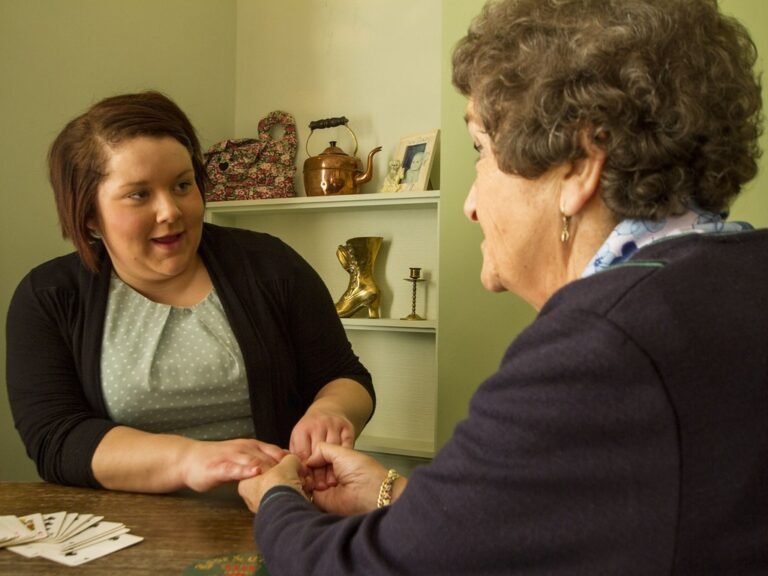
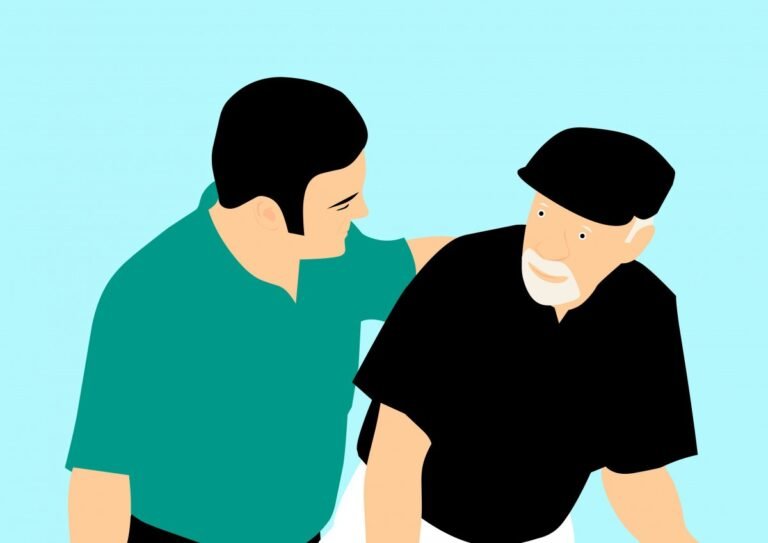
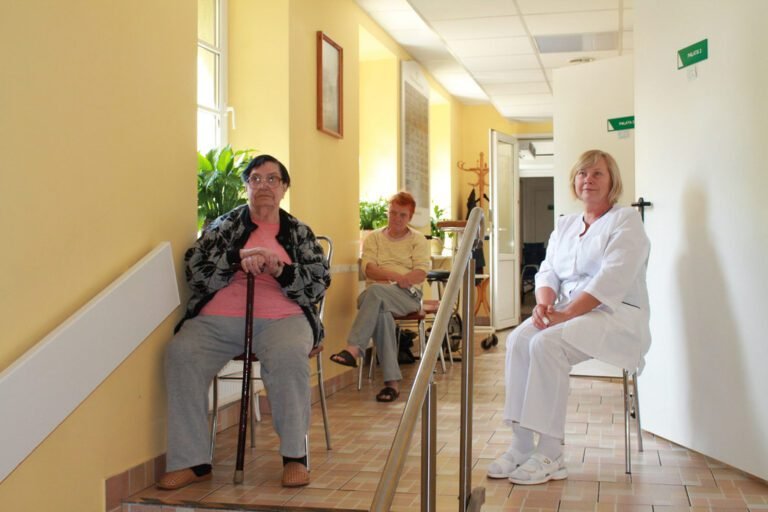
![Why Do Dementia Patients Stare At You? [Behaviour Explained]](https://caringhandshomecarefl.com/blog/wp-content/uploads/2023/11/Why-Do-Dementia-Patients-Stare-At-You-768x511.jpg)
